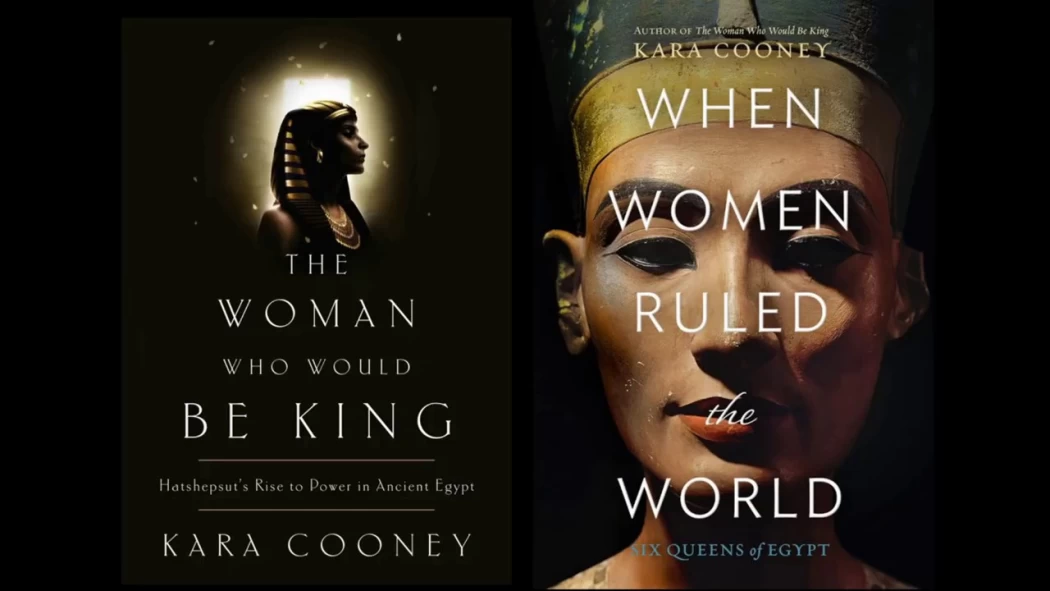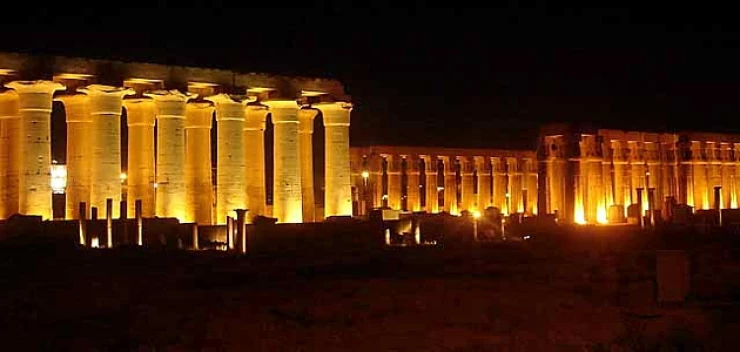
Women of Power and Influence in Ancient Egypt
Women of Power and Influence in Ancient Egypt
In the Egypt of the Pharaohs, women owned, managed, decided and ruled... Unlike the Greeks and Romans of antiquity, they were the equals of men - at least before the law. Learn more from Egyptologist and novelist Philip Kayne. Patriarchal and hierarchical though it was, ancient Egypt let women live their own lives in many areas. Backed by a thriving economy, the country had a free hand to provide for the well-being and dignity of its subjects, including women - if not on an equal footing, at least more so than in other ancient civilizations.
To sum up the duality of the status of pre-Christian Egyptian women, between duty and autonomy, submission and freedom, novelist Philip Kayne quotes another Egyptologist, Christiane Desroches Noblecourt: “...the mother respected above all else, the woman subject to strict moral law, but endowed with great freedom of expression - her full legal capacity, her astonishing financial independence, the impact of her personality in family life and the management of common property and her own possessions.”
Whereas in ancient Greece, the cradle of democracy, women were worth less than slaves - since they could never attain the status of citizens - and remained eternal minors, Egyptian women owned property, managed their assets in the same way as men, ran businesses, practiced medicine, participated in the harvest, were weavers, brewers or scribes in the administration. They held high spiritual positions, such as worshippers of Amun, and rose to high office, up to and including that of vizier.
To what extent did the Egyptian Empire owe its longevity and influence to the place of women in society? For Egyptologist and novelist Philip Kayne, the pragmatic distribution of power within the royal couple was a guarantee of stability and good governance: “The Egyptian throne was a male-female family affair, led by a two-headed, often fused tandem where each played a joint part, a right hand and a left hand belonging to the same body”.
Even if, unlike common Egyptians, the pharaoh could have several wives, the king's “great wife” - who could be his sister or daughter - remained his advisor and took part in running the harems. Thus, many women ruled Egypt alongside their royal husbands, wielding considerable power.
Spirituality was also placed under the sign of the equality of the sexes, to the point of complementarity under the reign of the legendary Akhnaton and Nefertiti. She was the one who said the evening prayer at sunset,” explains Philip Kayne. As the texts testify: Ra never went to bed until Nefertiti had greeted him”.















